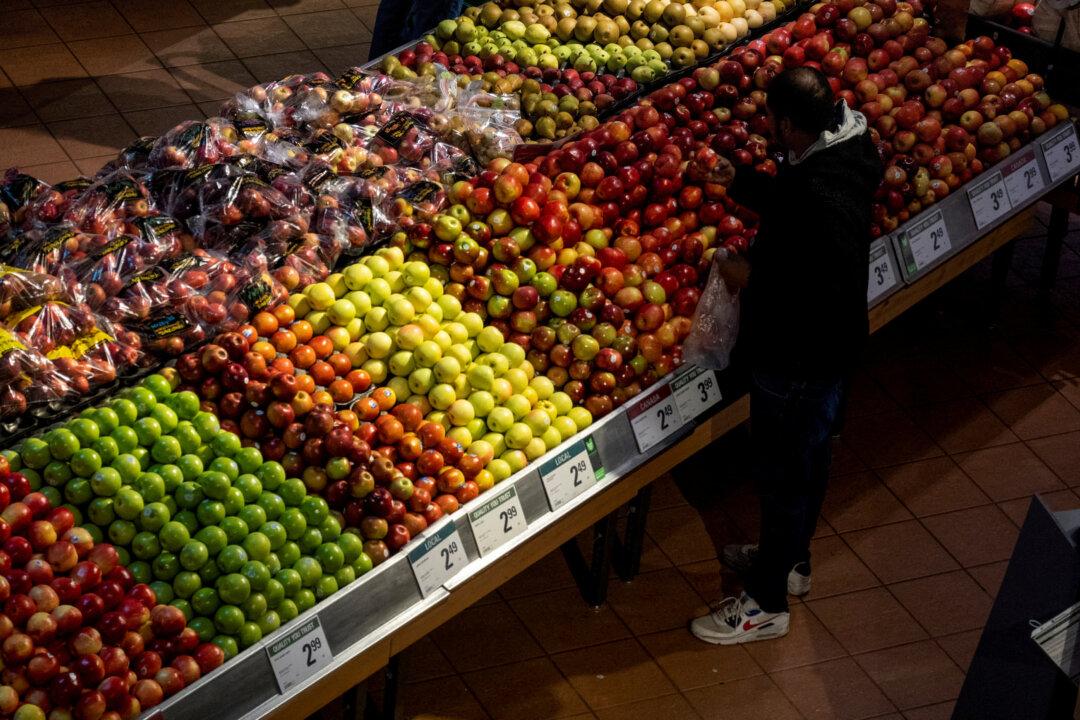A third of Canadians have borrowed money to cover basic necessities like food and shelter in the last year, according to in-house federal research.
The report by the Financial Consumer Agency of Canada, dated Dec. 4, indicated that 33 percent of Canadians surveyed had to use a credit card, go into overdraft, or borrow money to buy food or pay monthly expenses in the past 12 months, while that number was 43 percent for those under 44, as first reported by Blacklock’s Reporter on Dec. 24.





